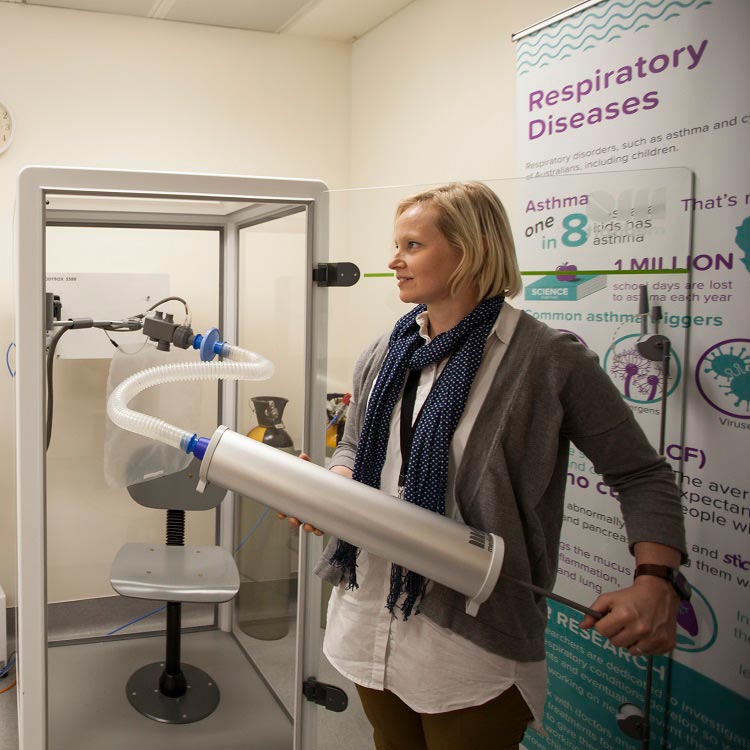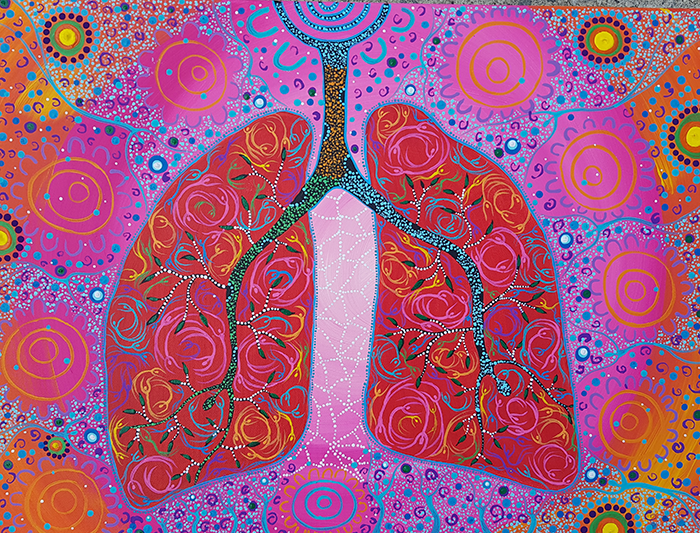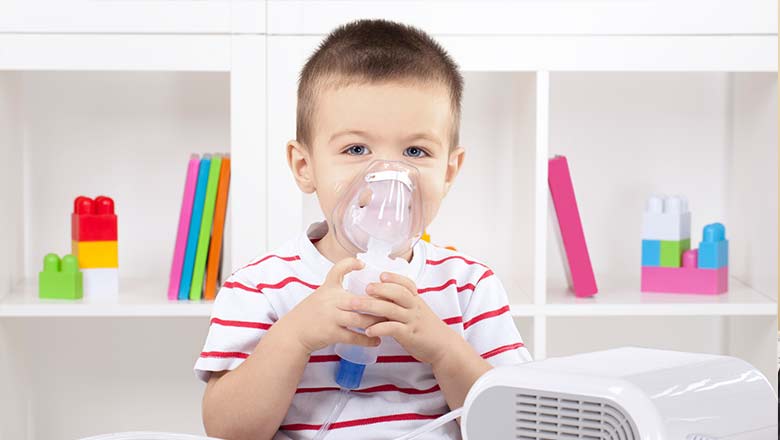Search

News & Events
Very preterm babies at risk of declining lung function throughout childhoodA The Kids Research Institute Australia study published in The Lancet Child & Adolescent Health has found that survivors of very preterm birth face declining lung function

Healthy lungs help you to breathe better. This means you can sleep better, as well as play sports, run and walk without being short winded.

Research
Finding the cellular explanation for recurrent asthma exacerbationsThis study is designed to identify the specific unique immune cell response that occurs in these children with recurrent disease.
Research
IRF7-Associated Immunophenotypes Have Dichotomous Responses to Virus/Allergen Coexposure and OM-85-Induced ReprogrammingHigh risk for virus-induced asthma exacerbations in children is associated with an IRF7lo immunophenotype, but the underlying mechanisms are unclear. Here, we applied a Systems Biology approach to an animal model comprising rat strains manifesting high versus low susceptibility to experimental asthma, induced by virus/allergen coexposure, to elucidate the mechanism(s)-of-action of the high-risk asthma immunophenotype.
Research
Bronchodilator responsiveness in children with asthma is not influenced by spacer device selectionSpacer device was not associated with clinically important differences in lung function following bronchodilator inhalation in children with asthma
Research
Children with East Asian-Born Parents Have an Increased Risk of Allergy but May Not Have More Asthma in Early ChildhoodChildren of East Asian ancestry born in Australia have a higher burden of most allergic diseases in the first 6 years of life, whereas asthma may follow a different pattern
Research
Upper Airway Cell Transcriptomics Identify a Major New Immunological Phenotype with Strong Clinical Correlates in Young Children with Acute WheezingAsthma exacerbations in children can be divided into IRF7hi versus IRF7lo phenotypes with associated differences in clinical phenotypes
Research
Epigenome-wide meta-analysis of DNA methylation and childhood asthmaNovel loci differentially methylated in newborns represent potential biomarkers of risk of asthma by school age
Research
After asthma: Redefining airways diseasesIdentify entrenched areas of asthma management and treatment in which progress has stalled and to challenge current principles
Research
The National Paediatric Applied Research Translation Initiative (N-PARTI): using implementation science to improve primary care for Australian children with asthma, type 1 diabetesGeneral practice-based care for Australian children is facing low levels of clinical guideline adherence particularly in three key areas: asthma, type 1 diabetes and antibiotic use. We offer an implementation science-informed position paper, providing a broad overview of how we aim to address this issue.
